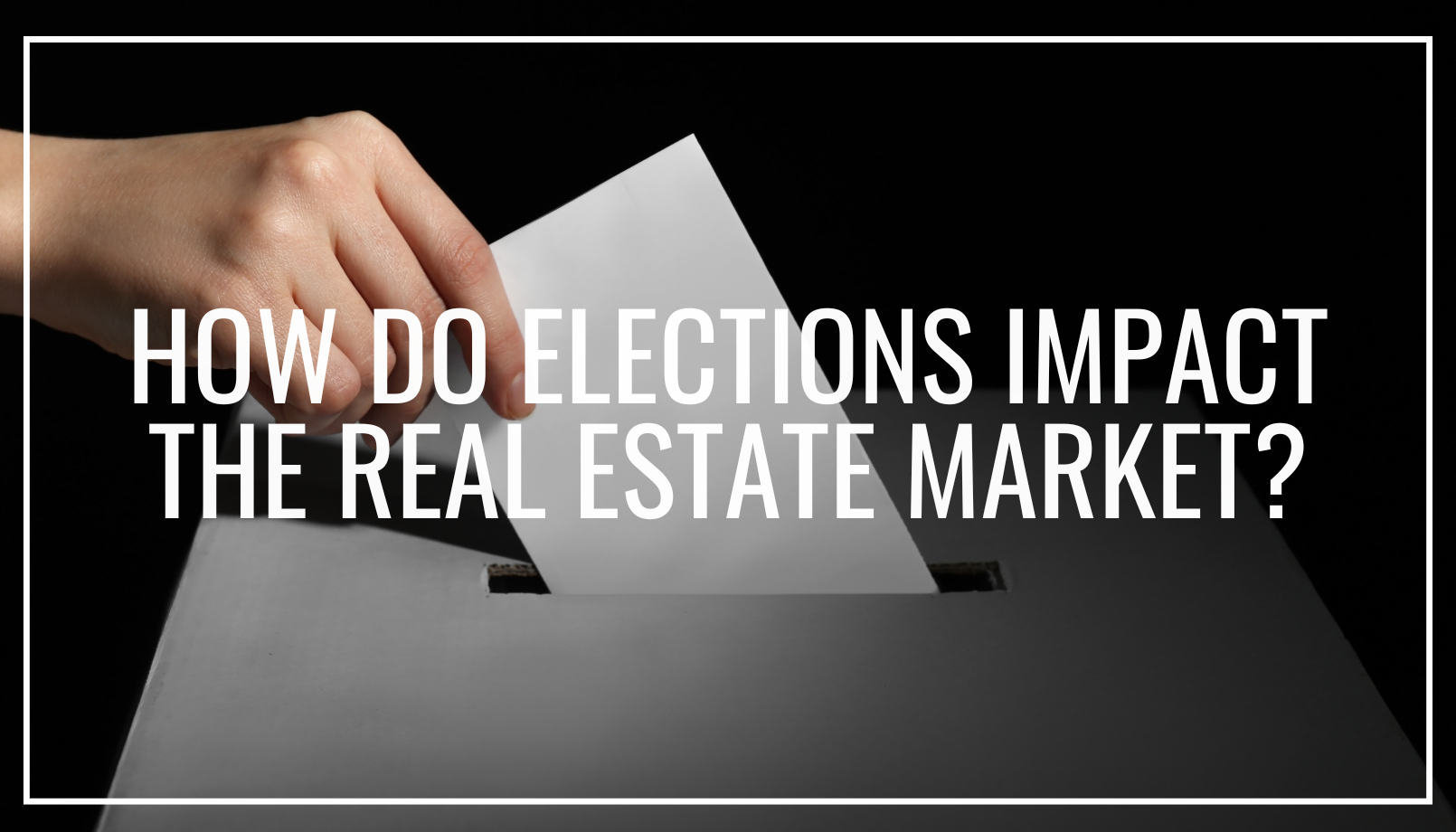How do Elections Impact the Real Estate Market?
When election season rolls around, we often hear about changes in tax policy, interest rates, and the overall economic outlook. But what about the real estate market? How do these political shifts and election results impact homebuyers, sellers, and investors? Understanding this dynamic can help you make informed decisions, whether you're planning to buy or sell in an election year.
The Election Year Effect
1. Uncertainty and Market Caution
Election years are often marked by uncertainty. As candidates make promises and propose policies, buyers and sellers may hesitate to make significant moves. This “wait-and-see” approach often leads to decreased sales volume and market caution. On average, sales can slow by up to 15% leading up to election day, according to several studies.
Graph: Home Sales Trend During Election Cycles
The graph below illustrates the trend of average home sales during an election cycle. As seen, home sales tend to dip slightly during election years due to uncertainty and market caution, then pick up in the post-election year as confidence returns and new policies stabilize the market environment.
2. Policy Changes and Market Confidence
Changes in tax deductions, capital gains policies, and mortgage incentives can heavily influence the housing market. If a candidate proposes major changes to these areas, the market often responds either cautiously or with renewed optimism, depending on the outcome.
3. Economic Factors: Mortgage Rates and Inflation
The link between elections and interest rates is not direct but often correlated. Mortgage rates can be influenced by broader economic trends such as inflation, consumer confidence, and federal fiscal policies, all of which are tied to political stability. Typically, if an election result is unexpected or brings market uncertainty, interest rates can fluctuate.
Graph: Interest Rates Before and After Elections Over the Last 10 Election Cycles
Below, we can see a graph illustrating the interest rate trends before and after each election cycle over the last 10 election cycles:
The red line represents the average rates six months before each election, and the green line represents the rates six months after. This format highlights how mortgage rates have generally trended downward over the election cycles, with some fluctuations based on broader economic conditions.
Post-Election Real Estate Trends
After the votes are counted and the dust settles, the market typically enters a period of stabilization. Historically, a win for the incumbent party signals continuity, which can boost market confidence. On the other hand, a win for the opposing party can bring new policies, leading to a brief adjustment period as the market reacts.
What This Means for Buyers and Sellers
If you’re planning to buy or sell a home, understanding how elections impact the real estate market can help you time your decisions effectively. While short-term dips and hesitations are common, the market often stabilizes post-election. The key is to stay informed and work with a real estate expert who can guide you through the election-driven changes.
Key Takeaways
Pre-Election Caution: Uncertainty can lead to lower activity and slower market conditions during election years.
Policy Impact: Changes in policies and proposed economic measures can influence mortgage rates, taxes, and homebuying incentives.
Post-Election Rebound: The market often rebounds after the election, as confidence returns and new policies are implemented.
If you’re considering buying or selling a home during an election cycle, stay informed, anticipate market shifts, and be prepared for brief periods of uncertainty. For personalized advice on navigating the market, feel free to reach out to us— We’re here to help you make the best decisions, election year or not!


